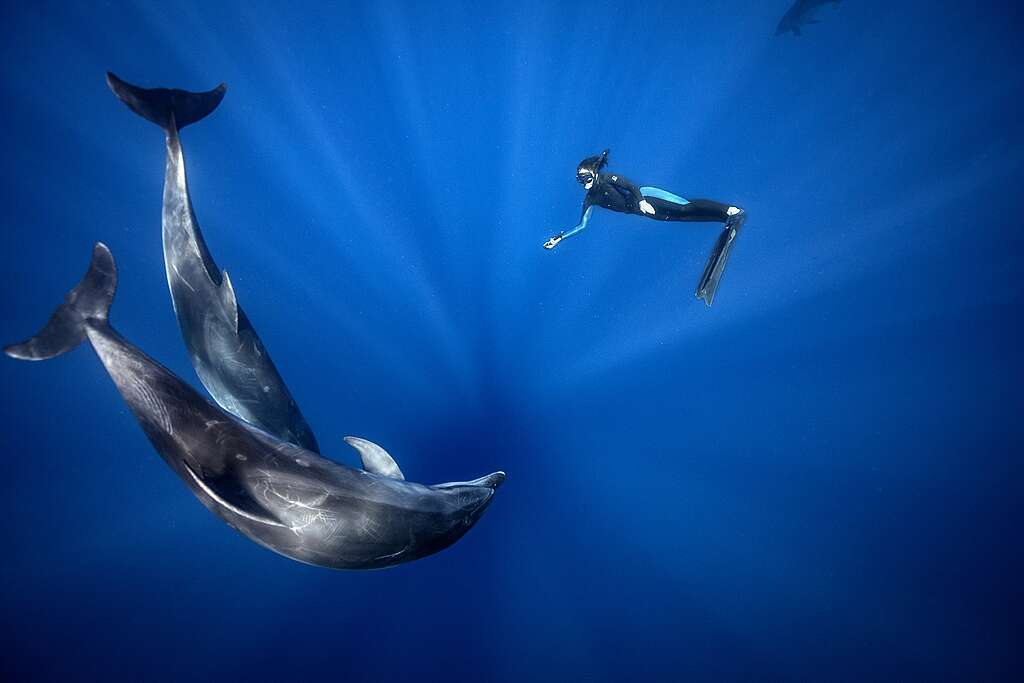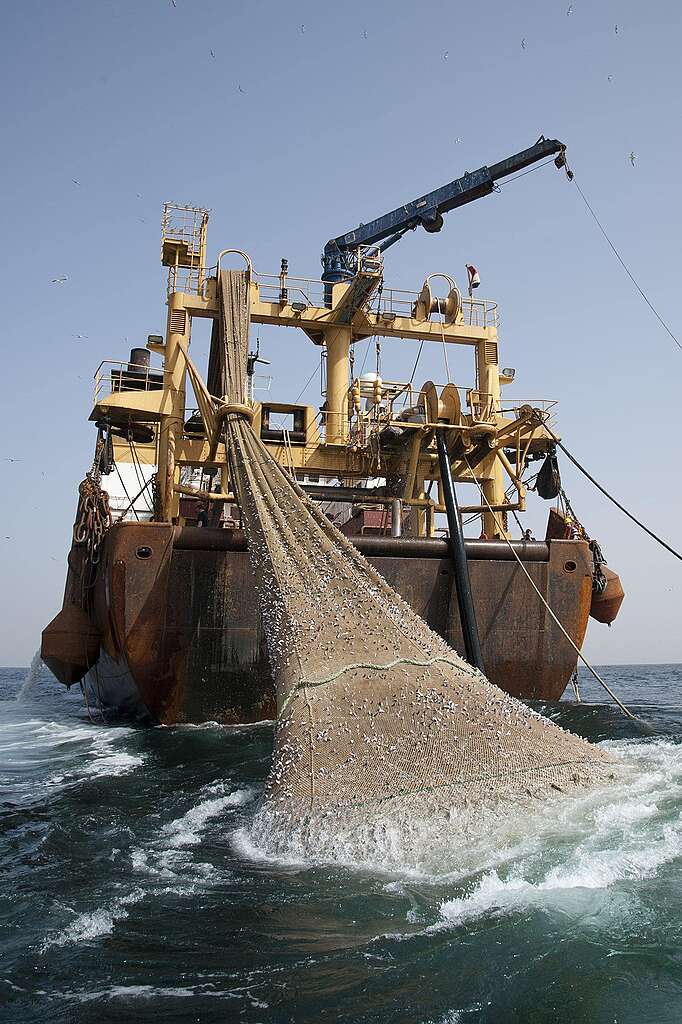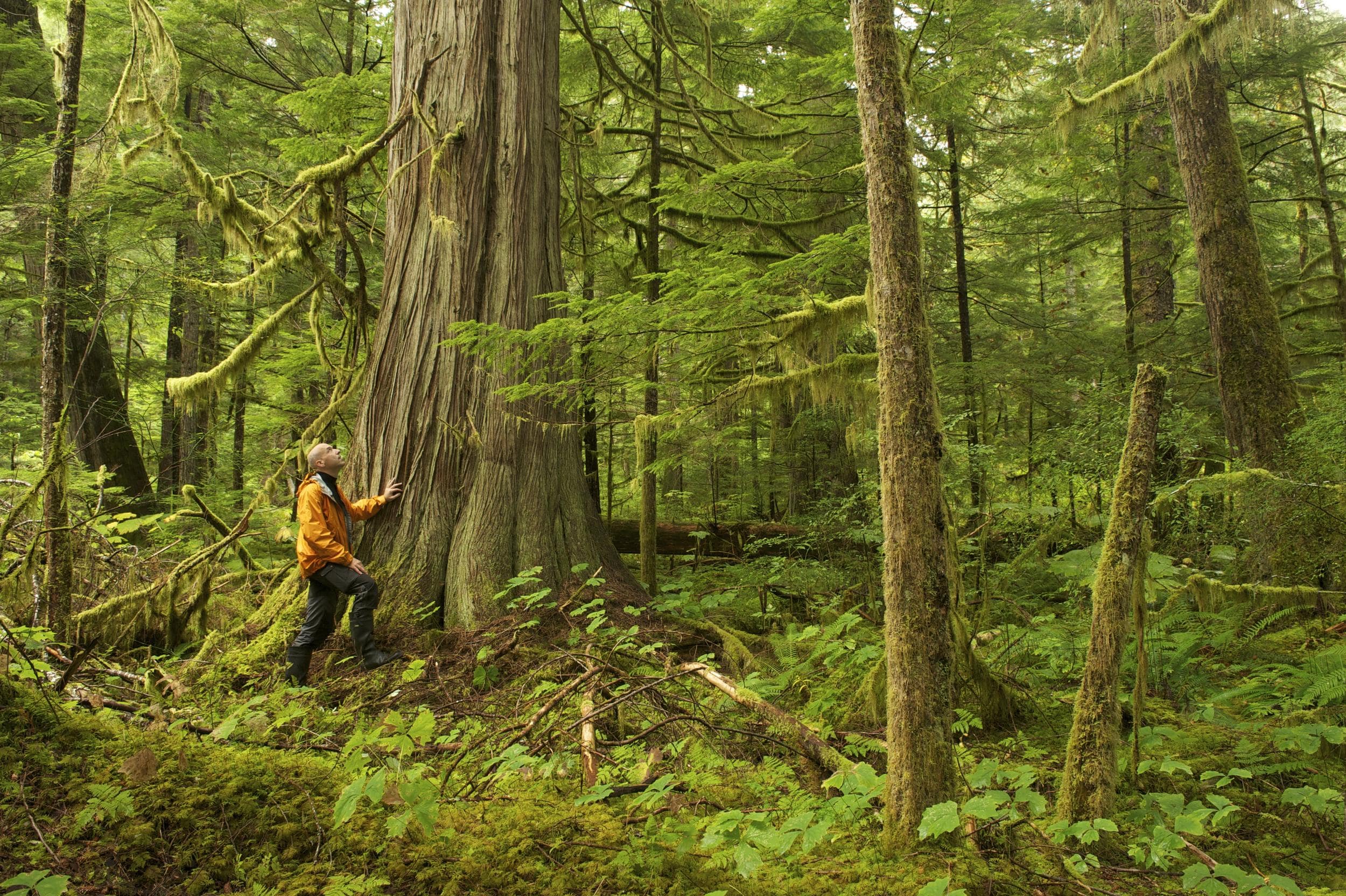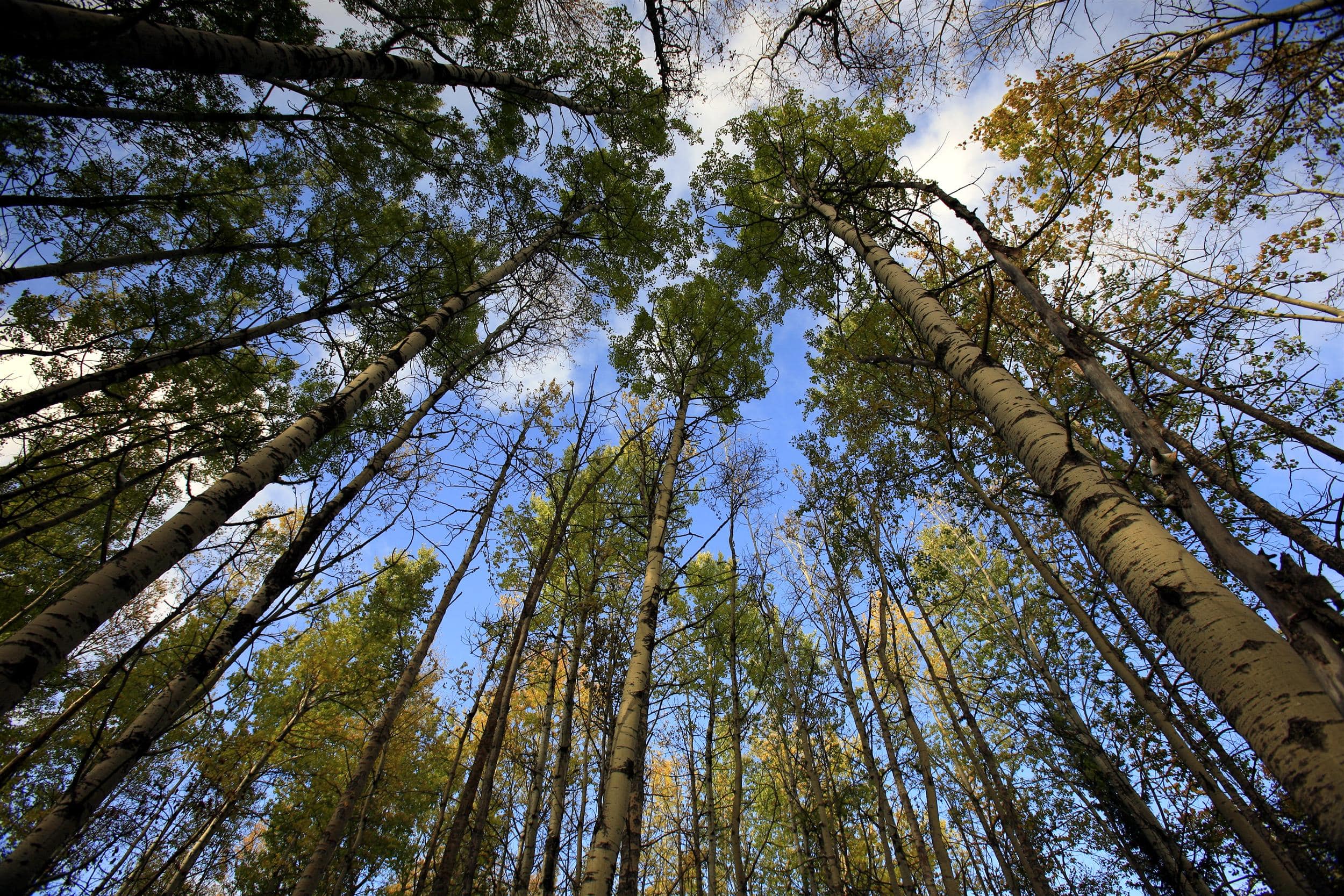How often do you thank the oceans?
They supply nearly half our oxygen. They’re the main source of protein for more than 1 billion people. But did you know they also help balance the climate? That’s because healthy oceans are great at taking carbon dioxide out of the air and locking it away.
Fossil fuels release carbon dioxide when we burn them for energy. This carbon pollution traps heat in the atmosphere, causing our planet to overheat and the climate to change. Here’s where oceans come to the rescue. They slow down the speed of climate change by soaking up around one third of our carbon pollution. They also absorb more than 90% of the heat from global warming!
People and governments around the world are waking up to the fact that we can’t keep taking the oceans for granted. Movements to protect oceans and keep them healthy are growing, and you can help.

1. Say good-bye to fossil fuels
The climate-regulating superpowers of the oceans may not last forever.
Hotter temperatures are already hurting the ocean’s animals and plants. They’re also changing important life support systems like ocean currents. And as the oceans absorb more carbon dioxide, they’re getting more acidic. This makes it harder for marine life to grow strong shells and skeletons.
Scientists worry that oceans will stop storing carbon and start releasing it if their natural systems are disturbed enough. If that happens, the oceans won’t be working to slow climate change any longer. They could speed it up!
We must stop burning fossil fuels and overheating our planet. To help protect the oceans, we can switch to renewable and clean sources of energy, like the sun and wind.
2. End plastic pollution
Plastic garbage is piling up everywhere, even in the deepest parts of the oceans. At least 5 trillion pieces of plastic are floating in the oceans right now.
This plastic harms the ocean animals who get tangled in it or accidentally eat it. The plastic they eat has harmful chemicals that are absorbed into their bodies. These chemicals can cause health problems like fish having fewer healthy babies. And there’s another problem with plastic.
Over 99% of plastic comes from fossil fuels, like oil, coal, and natural gas. Plastic releases carbon dioxide throughout its life cycle, heating up the planet. When we make, use, and throw away plastic, we speed up climate change and hurt the oceans more.
People in Canada are demanding that the federal government create rules to limit the amount of plastic we make and use. They want the government to ban the harmful chemicals used to make plastic and to ban single-use plastics, or plastics used once and thrown away.
You can let your MP know you want an end to plastic pollution. You can also join with people urging Canada’s government to support a strong Global Plastics Treaty. This UN agreement between around 175 nations could cut plastic production and end pollution across the lifecycle of plastic.
3. Take less, leave more

The oceans, and the wide variety of life they shelter, aren’t limitless. But we often treat them as though they are.
Many species are close to disappearing because of overfishing and harmful kinds of fishing. For example, the giant nets used for bottom trawling scoop up everything in their paths as they’re dragged across the ocean’s floor. They destroy habitats and turn ancient coral gardens to rubble.
And now there’s a new threat to life under the water – deep sea mining.
Some countries and companies are racing to start mining metals and minerals from the floor of the deep ocean, one of Earth’s last untouched spaces. It’s home to an amazing number of animals and plants. It’s also vital for the livelihoods and traditions of millions in the world, such as people from the Pacific.
Scientists around the world are warning that deep sea mining could seriously harm ocean life. That’s why there’s growing support from the public and world leaders to stop deep sea mining before it starts.
Canada supports a moratorium, or pause, on deep sea mining, along with many other countries. We need to urge our government to push even more countries to join the movement.
4. Create safe spaces with a strong Global Ocean Treaty
History was made in 2023 when countries around the world finally agreed on a UN Global Ocean Treaty. They also promised to protect 30% of the world’s oceans with a network of ocean sanctuaries by 2030.
These ocean sanctuaries will keep out threats, like large fishing fleets. They’ll give struggling animals and plants the space to recover. Stronger and healthier oceans will find it easier to handle the pressures of extra heat and carbon dioxide.
At least 60 countries need to sign the Global Ocean Treaty into law by 2025. Then, the important work of choosing the protected spaces and managing them can begin.
But 2030 is almost here! The Canadian government must work quickly with other countries to pass the treaty into law and then make sure it’s a success.
How else can you help the oceans?
Talk to your family, friends, coworkers, or other people in your life about the problems facing the oceans. Don’t forget to let them know about the solutions, too! You can learn even more by reading Do fossil fuels cause climate change? and What’s the solution to the world’s plastic problem?
If you’re ready to make your voice louder, join with environmental groups working to phase out fossil fuels, end plastic pollution, and protect the oceans.



